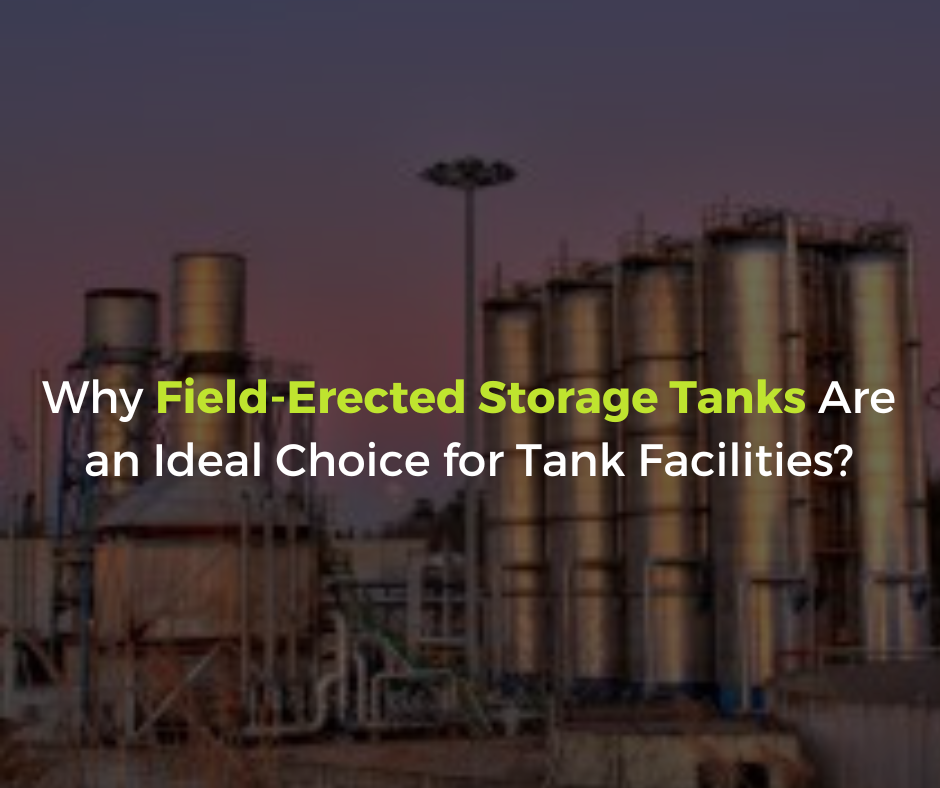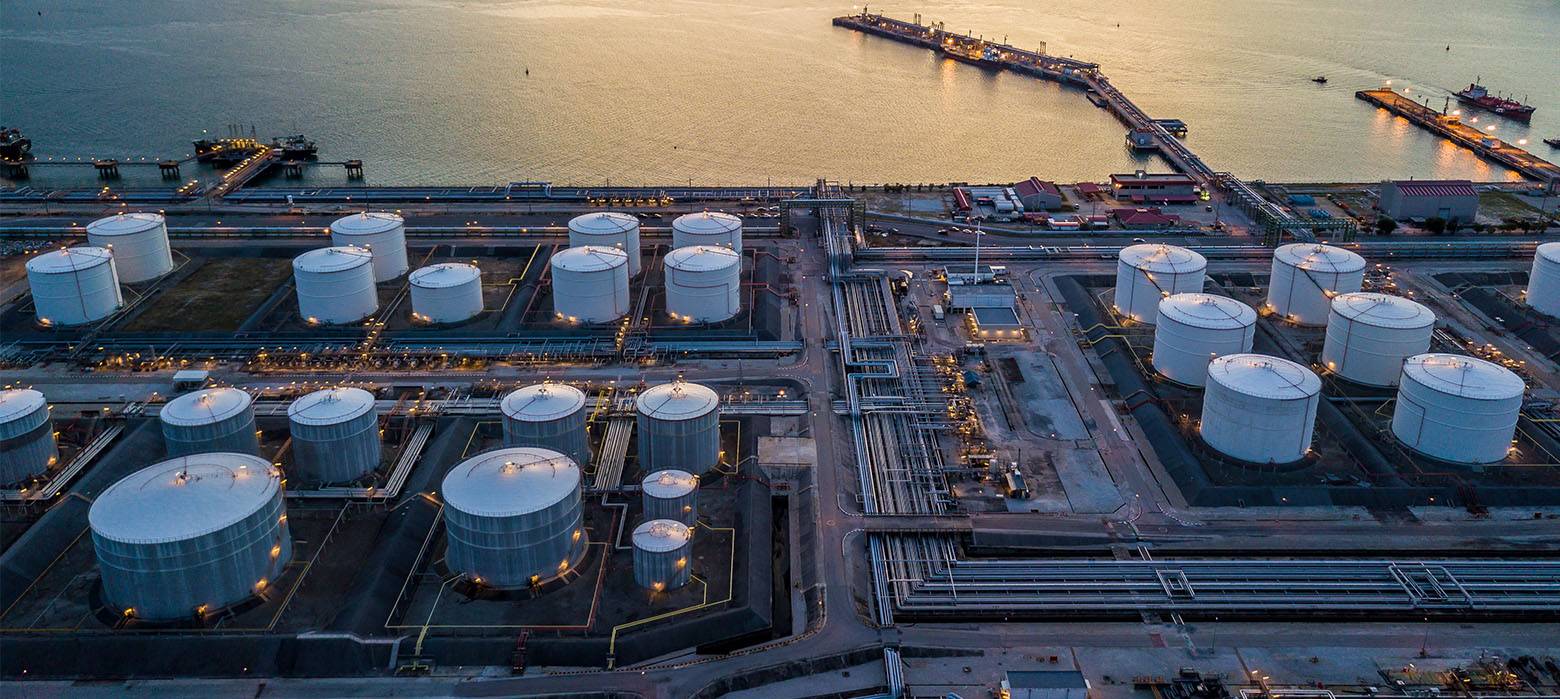
- admin
- September 20, 2022
Why Field-Erected Storage Tanks Are an Ideal Choice for Tank Facilities?
Although shop-built, fabricated vessels are wonderful, reliable vessels, there are times when you need a tank that is perfectly tailored to your needs. As the name suggests, fielderected tanks are built outside rather than in a shop. They are customized to meet your precise demands. Here are five advantages that may make field-erected tanks your best option.
A smaller space can contain more volumetric storage. A lot of tanks would be required to hold one million gallons in custom-built tanks. The footprint would be larger if there were more tanks since there would be dead space between the vessels.
Professionals from API inspection firms claim that field erected tanks offer a better “return on investment for your money.” For instance, the price of a 100,000-gallon field-erected tank could be $1 million. The cost of purchasing 20 50,000-gallon shop-built containers would be much more even though the storage capacity is the same. Building so many shop-built tanks would be significantly more expensive than erecting a single tank in the field when delivery and shipping, tank foundations, and pipes are taken into account. It increases the initial and ongoing cost of inspections.
All field-erected containers are site-specifically constructed as required by the regulatory regulations. Tanks made in a factory often have just one design. Field-erected containers can be modified to satisfy the needs of the customer. When creating field erected tanks, manufacturers take geography, climate, wind, snow, and seismic stresses into account. When planning roofs, they typically take into account the snow load, which depends on the annual snowfall and snowstorm intensity. You figure out the weight. The pitch of the roof determines how much weight it can support. Most manufacturers make sure it won’t sag when snow builds up on the roof.
Storage tank facilities in the south do not need to worry about snowpacks, but they do need to be cautious of strong winds, particularly those brought on by storms. As a result, one must rely on tank manufacturers to modify a tank to withstand strong winds and hold a sizable amount of snow.
Field-installed tanks offer a great deal of adaptability. Using pre-approved designs, the shop assembles the tank’s component parts. When the barrel from the shop gets on site, it will need expensive adjustments if any of the tubes are not lined up. Field-erected container accessories are set up and perhaps altered there. If you purchase a field erected tank with 4′′ nozzles but the Fire Marshall recommends the container needs 6′′ nozzles, it will be less expensive to switch the materials before installation than it will be to disassemble and replace the undersized nozzle. Additionally, one should be aware of the periodic needs for API inspection services.
Not to add that after the hot work modification, the shop-built coating will be harmed. In order for tank operators to keep a closer check on such components, some tank makers may also position a tank level indicator or ladder in front of a facility’s glass. The adaptability of the field-installed attachments is noteworthy.
Do you have a tight schedule? Tank construction in the field is frequently quicker than tank construction in a shop. If a tank needs to be installed within a structure or in a busy area, field erected tanks might be a preferable option.
- field erected tanks
Category
- Above Ground Fuel Tanks
- Above Ground Gas Storage Tank
- Above Ground Storage Tanks
- Above Ground Water Storage Tanks
- Agricultural Tanks
- Chemical storage Tanks
- Diesel Fuel Storage Tanks
- Diesel Storage Tanks
- Exernal FloatingRoof Tanks
- Farm Water Tank
- Fiberglass Oil Tanks
- Fiberglass Septic Tanks
- Fiberglass Underground Fuel Storage Tanks
- Field Erected Tanks
- Floating Roof Tank
- Fuel tank
- Industrial Chemical Storage Tanks
- Industrial Gas Tanks
- Industrial Plastic Tanks
- Industrial Storage Tanks
- Industrial Tank heating pads
- industrial tanks
- Natural gas
- Natural gas vs Propane
- oil storage tank
- Oil Storage Tanks
- Peracitic Acid
- Petroleum Tanks
- Residential gasoline storage tanks
- Residential Water Storage Tanks
- Sodium Hydroxide Storage Requirements
- Sodium Hypochlorite Storage Tanks
- Steel Storage Tanks
- storage tank failure prevention
- Storage Tanks
- Sulfuric Acid Tanks
- Uncategorized
- UnderGround Storage Tanks
- Waste water tank
- Water Storage Tanks

 Tank Size Calculator
Tank Size Calculator






